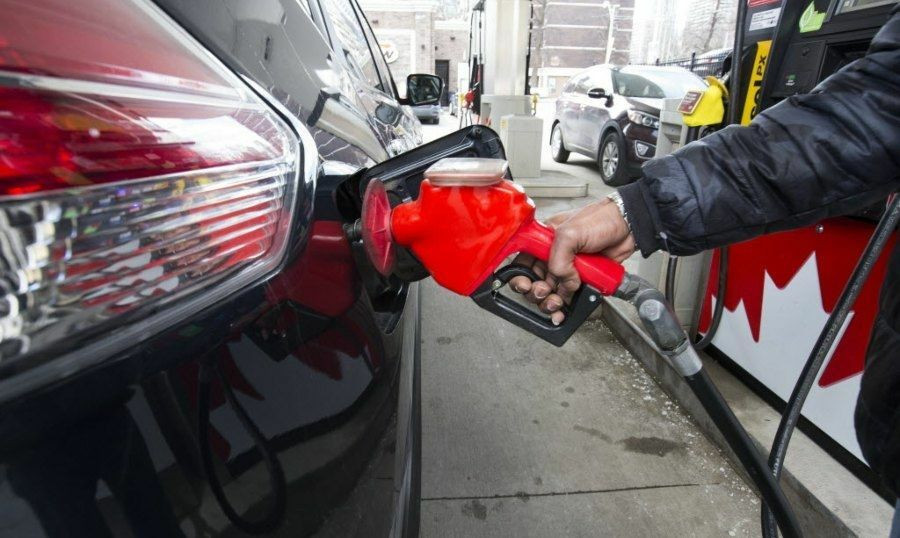Fill the gas tank all the way up. That helps prevent moisture buildup that would get in your fuel system and then maybe affect the drivability of the car when you do go to use it again. A city shut down under quarantine can also lead to the fuel pumps shutting down so it’s always good to have sufficient fuel in the car. Make sure there is at least half tank of fuel in the car and should you use the car, make sure you top up at the nearest gas station.
Start the car at least once or twice a week. Make sure it gets up to full operating temperature before you shut it back down.
Clean your car before you store it. That will clean off any winter debris, salt, brine, and dirt underneath the car and on the outside of the car. Clean the inside of the car and that will prevent any smells or mold building up.
Check the fluids. For a car to function effectively, one needs to make sure that all the fluids like the engine oil and the coolant are at their optimum level. You can use the dip stick to check the engine oil level while the coolant reservoir have markings on them. For emergencies like this make sure you have some reserve engine oil and coolant always kept at home or in your garage so one can top up when needed.
Check the battery. This is by far one of the most important components to keep in check if the car has been idle for long. Make sure that the battery is always in a healthy state and in cases like this where the car will be parked for long, make sure you crank and idle it at least once or twice in a week to keep the battery juiced up. Preventive measures warrant a battery change once it’s detected to be weak so make sure the battery is in healthy shape because the last thing you need is the car not cranking in time of an emergency.
Check the tire pressure. Considering the car will remain parked, it is also paramount that the tire pressure needs to be checked once a week. It always helps to have a tire inflator kept in the car should one come across low tyre pressure or a slow puncture. Discovering a flat when you need the car the most isn’t the most ideal situation to be in. Make sure your psi is what is says on the door, and maybe even 5 psi higher than that if it's going to sit for an extended period of time. Park your car on wooden blocks underneath the tires to keep the cement from drawing the air pressure out of them.
DO NOT set the parking brake. If you're going to park it for more than 30 days, don't use the parking brake because the pads or shoes can seize to the drum or the rotor and cause problems down the road when you move it.
Note: If you're going to be able to drive your car at least once a week, then you should just operate as normal.

 By
By 






